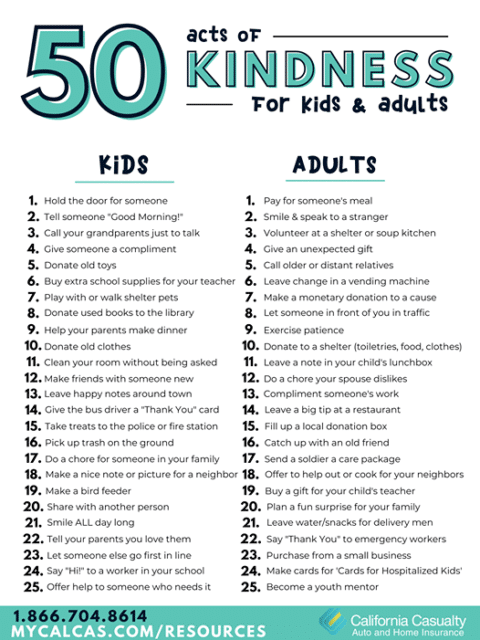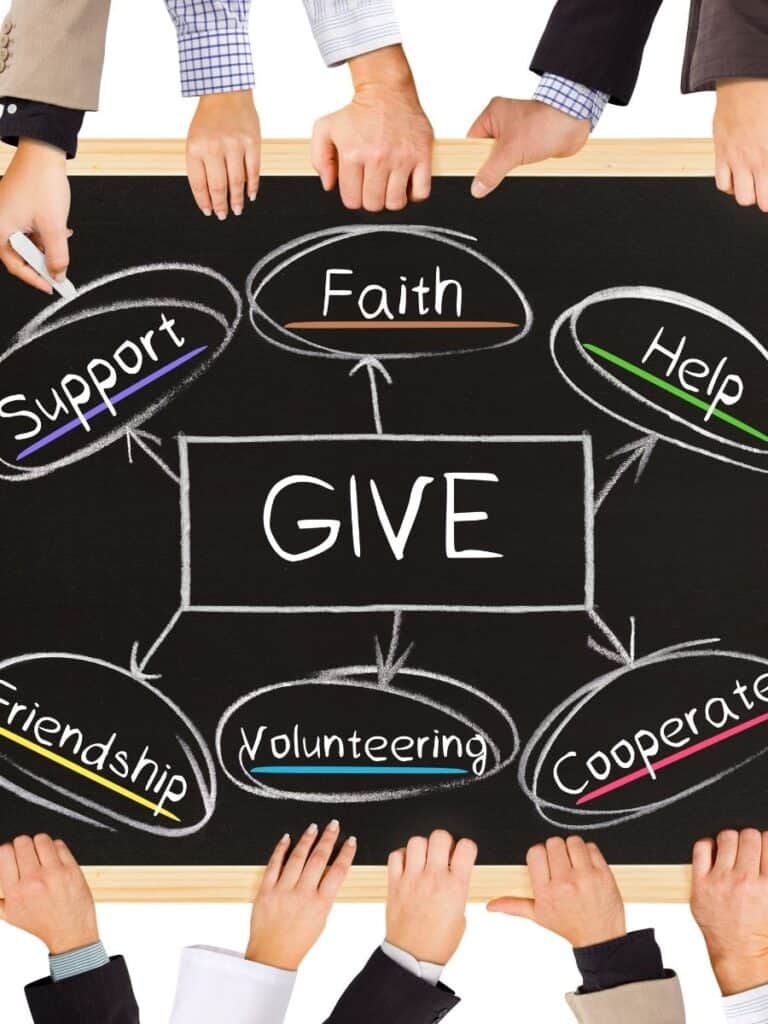The Power of Giving: Transforming Unused Household Items into Acts of Kindness
Related Articles: The Power of Giving: Transforming Unused Household Items into Acts of Kindness
Introduction
In this auspicious occasion, we are delighted to delve into the intriguing topic related to The Power of Giving: Transforming Unused Household Items into Acts of Kindness. Let’s weave interesting information and offer fresh perspectives to the readers.
Table of Content
The Power of Giving: Transforming Unused Household Items into Acts of Kindness

In a society often consumed by material possessions, the act of donating unwanted items may seem insignificant. However, this seemingly simple act holds profound implications, transforming discarded goods into resources that can significantly impact the lives of others. Donating household items to charities is not merely about decluttering; it is an act of generosity that reverberates throughout the community, fostering a sense of shared responsibility and fostering a more equitable society.
The Significance of Donating Household Items
The impact of donating household items to charities is multifaceted, extending beyond the immediate benefit to the recipient. This act of giving:
- Provides Essential Resources: Charities rely on donations to meet the needs of individuals and families facing hardship. Household items, ranging from clothing and furniture to kitchenware and electronics, provide essential resources that empower individuals to live with dignity and improve their quality of life.
- Reduces Waste and Promotes Sustainability: By donating unwanted items instead of discarding them, individuals contribute to a more sustainable future. This practice minimizes waste in landfills, conserves resources, and reduces the environmental impact of manufacturing new products.
- Fosters Community Connection: The act of donating fosters a sense of community and shared responsibility. It connects individuals with organizations working to address societal needs, creating a network of support and collaboration.
- Empowers Individuals: Receiving donated items can instill a sense of hope and empowerment in individuals struggling with difficult circumstances. It provides them with the resources they need to rebuild their lives and contribute to society.
- Creates Opportunities for Others: Donated items can be used to create opportunities for individuals seeking to improve their lives. For example, furniture can be used to furnish shelters or transitional housing, while clothing can be donated to job training programs.
Understanding the Process of Donating
Donating household items is a straightforward process, with numerous options available to suit individual preferences and circumstances.
- Identifying Suitable Items: The first step involves identifying items that are no longer needed. This includes clothing, furniture, kitchenware, electronics, books, toys, and other household goods in good condition.
- Choosing a Charity: Researching charities that align with personal values and interests is crucial. Consider organizations that address specific needs, such as homelessness, poverty, disaster relief, or education.
- Preparing Donations: Cleaning and organizing donated items is essential. This ensures they are presentable and ready for use.
- Transporting Donations: Depending on the size and quantity of items, transportation may require planning. Some charities offer pick-up services, while others require individuals to drop off donations at designated locations.
- Tax Deductions: Donating items to registered charities may qualify for tax deductions. Individuals should consult with tax professionals to determine eligibility and applicable deductions.
Frequently Asked Questions (FAQs) about Donating Household Items
Q: What types of items can be donated?
A: A wide range of household items can be donated, including clothing, furniture, kitchenware, electronics, books, toys, linens, and bedding. However, it is important to ensure that items are in good condition and free from damage or wear.
Q: What are some reputable charities to donate to?
A: There are numerous reputable charities accepting donations of household items. Some prominent organizations include:
- The Salvation Army: Provides a wide range of social services, including shelter, food assistance, and job training.
- Goodwill Industries: Offers job training and placement services, as well as affordable retail stores selling donated items.
- Habitat for Humanity: Builds affordable homes for families in need, accepting donations of building materials and furniture.
- The American Red Cross: Provides disaster relief and humanitarian aid, accepting donations of clothing, blankets, and other essential items.
Q: What should I do with items that are not suitable for donation?
A: Items that are damaged, worn out, or not in good condition may be unsuitable for donation. Consider alternative options, such as selling them online, repurposing them for personal use, or responsibly discarding them.
Q: Are there any tax benefits associated with donating household items?
A: Donating items to registered charities may qualify for tax deductions. The value of the donated items can be deducted from taxable income, potentially reducing tax liability. Individuals should consult with tax professionals to determine eligibility and applicable deductions.
Tips for Donating Household Items
- Organize and Clean: Thoroughly clean and organize donated items to ensure they are presentable and ready for use.
- Consider the Needs of the Recipient: Donate items that are likely to be useful to the intended recipient.
- Check for Wear and Tear: Ensure that donated items are in good condition and free from damage or wear.
- Donate Seasonally: Consider donating seasonal items, such as clothing and bedding, during the appropriate time of year.
- Research Charities: Choose charities that align with personal values and interests, and research their track record and effectiveness.
- Volunteer Your Time: Consider volunteering at a charity to gain firsthand experience and contribute to their mission.
Conclusion
Donating household items to charities is a powerful act of generosity that benefits both the recipient and the broader community. It transforms unused items into resources that empower individuals, reduce waste, and foster a more equitable society. By embracing this practice, individuals can contribute to a more sustainable future and make a tangible difference in the lives of others.








Closure
Thus, we hope this article has provided valuable insights into The Power of Giving: Transforming Unused Household Items into Acts of Kindness. We thank you for taking the time to read this article. See you in our next article!